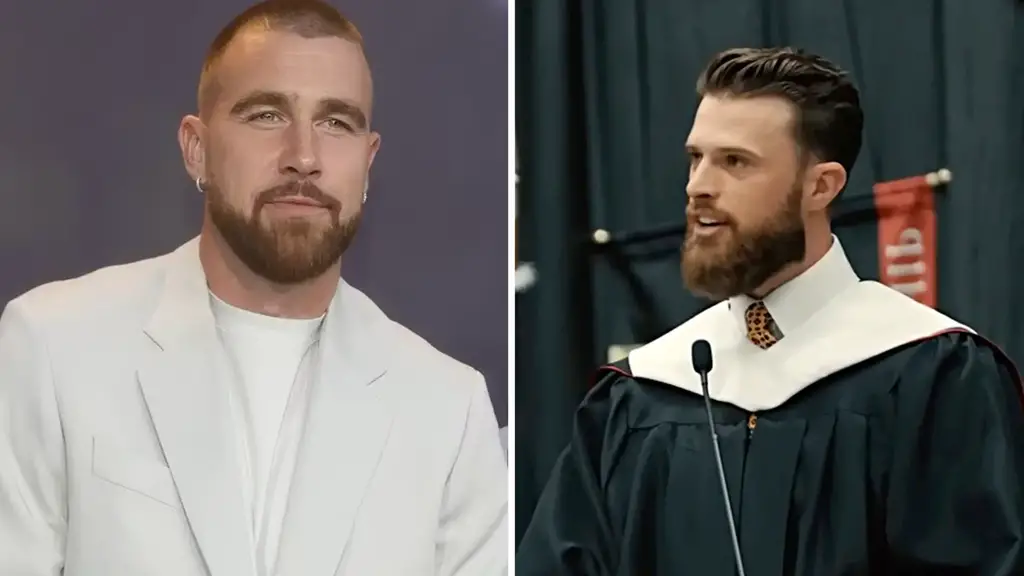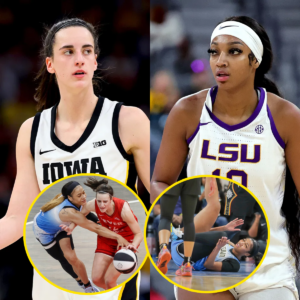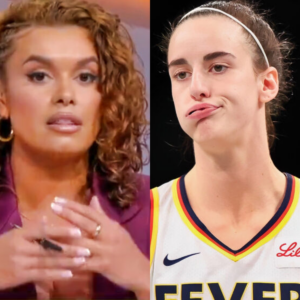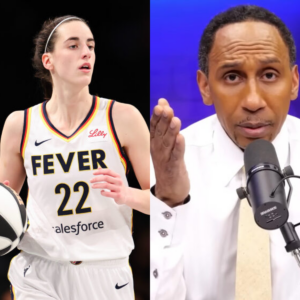Breaking: Travis Kelce Declares His Intention to Step Down Should Harrison Butker Play for the Team Next Season

In an unexpected development that has shocked the NFL, tight end Travis Kelce of the Kansas City Chiefs has declared that he would leave the organization if Harrison Butker is still on it for the next campaign. This announcement follows Butker’s divisive remarks, which divided both the fan base and the locker room. A key player in the Chiefs’ recent victories, Kelce made it clear that he was unhappy with Butker’s behavior, saying, “What he did was wrong.”
Harrison Butker’s recent remarks in public on a number of delicate social matters have caused a great deal of friction inside the squad in addition to sparking discussions on social media. Butker recently spoke at an event, expressing opinions that have drawn criticism for being out of step with modern society norms. His remarks have sparked criticism from the public and calls for his removal from the squad, illustrating a larger social battle to strike a balance between free expression and inappropriate material.
Travis Kelce made his position clear at an emotional news conference, saying, “I feel that what Harrison said undermines the principles of respect and unity that this team stands for.” I cannot wear this shirt with good conscience if he stays on the squad. As Kelce’s comment highlights the growing intersection of personal ideals and team dynamics in professional sports, it also highlights a serious schism inside the squad.
The Kansas City Chiefs are facing an uncertain future. They have Butker, for example, a player who has excelled on the field but whose remarks made off the field have stirred controversy. Conversely, they have Kelce, a leader whose effect on the field and in the locker room is irrefutable. The Chiefs’ and the league’s management’s judgment involving Butker may establish a standard for how such cases are handled going forward.
Responses to Kelce’s demand have been conflicting. A number of teammates have openly endorsed his position, stressing the need of unity among the club and common principles. Others have urged forgiveness and tolerance, pointing out that disagreements may lead to personal development. The argument is just as fierce among supporters, who praise Kelce for his adherence to morality while criticizing him for escalating hostilities and eroding team cohesion.
Significant concerns about athletes’ place in social and political discourse are brought up by this episode. Their words and deeds have consequences that extend far beyond the playing field since they are well-known and powerful individuals. Like many other organizations, the NFL is navigating the difficult seas of a wide range of viewpoints and their public expression. The resolution of this dispute may have an impact on league regulations regarding player behavior off and on the field.
The Chiefs’ organization as a whole would be affected if Kelce were to depart. The team’s culture, fan loyalty, and performance might all be impacted by his departure. It may also inspire other athletes to voice their opinions or adopt comparable views, which might spark a larger trend in professional sports where athletes take strong positions on organizational choices and team lineups.
Leadership and excellence have been hallmarks of Travis Kelce’s career. Regardless matter how it turns out, this most recent episode will play a big role in his legacy. It draws attention to the growing demands placed on athletes to uphold moral standards in their communities in addition to their performance. Changing societal standards around freedom of speech and accountability may determine whether Kelce’s possible resignation is seen as a divisive action or a stance for moral ideals.
A critical turning point for the Kansas City Chiefs and the NFL as a whole will occur with Travis Kelce’s resignation announcement if Harrison Butker plays for the club next season. It emphasizes how intricately personal convictions, group dynamics, and public expectations interact. The whole sports community is keeping a careful eye on the Chiefs’ decision-making process, knowing that the result may have long-term effects on how organizations handle internal disputes brought on by players’ public statements and actions. Regardless of the outcome, it is obvious that there are deeper cultural pressures at play that are influencing both public and private institutions, making the problems at hand bigger than just a football game.
News
Breaking: Beyoncé Seeks Kid Rock Collab to Promote Her New Album. ” I Told Her And Her Husband to Shove it”
Breaking: Beyoncé Seeks Kid Rock Collab to Promote Her New Album. ” I Told Her And Her Husband to Shove it” Pop megastar Beyoncé’s quest for promotional…
Breaking: Country Duos Take Center Stage? Aldean and Anthony Will Perform For The Next Super Bowl Song
Breaking: Country Duos Take Center Stage? Aldean and Anthony Will Perform For The Next Super Bowl Song In an unexpected and thrilling announcement, the National Football League…
Breaking: Warner Bros Ends Production Deal With Tom Hanks to His Woke Views
Breaking: Warner Bros Ends Production Deal With Tom Hanks to His Woke Views In an episode that reads like a script from Hollywood’s golden age of scandals,…
Breaking: Country Catastrophe? Beyoncé Says Goodbye to America After Album Disappoints “Nobody Listens to My New Country Album”
Breaking: Country Catastrophe? Beyoncé Says Goodbye to America After Album Disappoints “Nobody Listens to My New Country Album” In a shocking turn of events, global superstar Beyoncé…
Roseanne Barr Joins Forces Non-Woke Production Studio
Roseanne Barr Joins Forces Non-Woke Production Studio In an unexpected move that has sent ripples through Hollywood, comedic icon Roseanne Barr has announced her collaboration with Hollywood…
Riley Gaines won $10 million against Whoopi Goldberg for defaming her reputation, extremely satisfied fans spoke up (VIDEO)
In the bustling realms of the entertainment and athletic world, seldom do intersections yield calm coexistence. A startling manifestation of this truth unfolded as Riley Gaines, an…
End of content
No more pages to load











